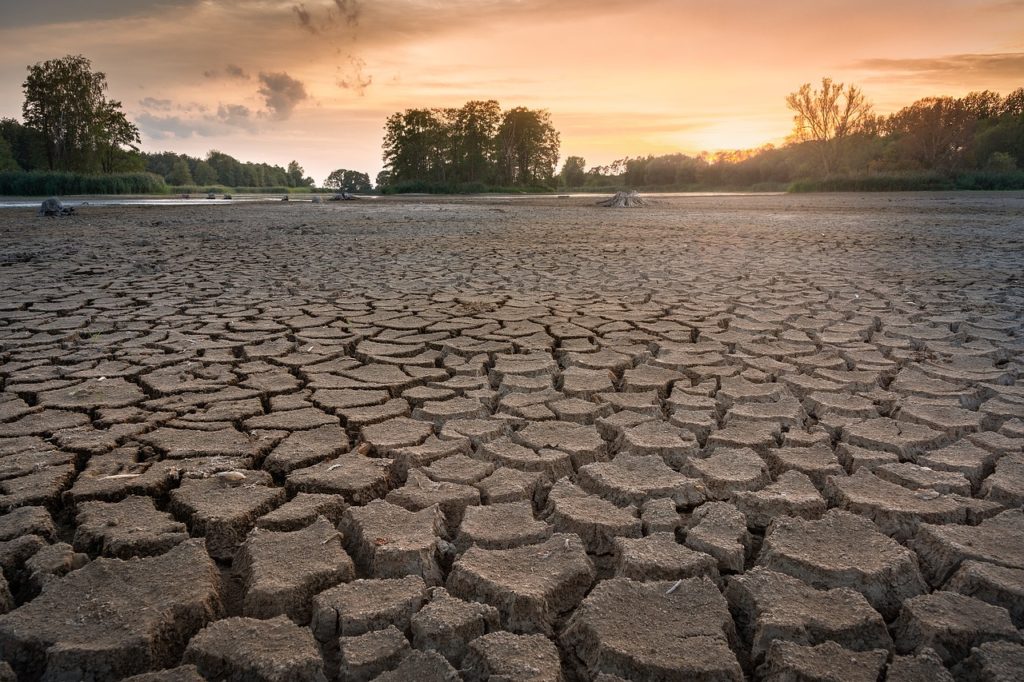The Horn of Africa, specifically Kenya, Somalia, and Ethiopia, is experiencing the most severe drought it has seen in four decades. The drought is destroying crops, killing livestock, and placing millions at risk of extreme food insecurity and famine. At least 36.1 million people are expected to be affected by the severe drought. Over 8.9 million livestock have already died as a result of the drought creating a dire risk of malnutrition for millions that depended on the animals for income and food for their families.

After several disastrous famines in the 80s, the U.S. set up the Famine Early Warning Systems Network or FEWS-NET, which serves as an early warning system to detect the onset of famine. However, a famine is only declared if there are two hunger-related deaths per 10,000 people each day, a fifth of the population has absolutely no access to food, and a third of the children in the area are gravely malnourished. Since the FEWS-NET was established, only two famines have been officially declared. Now, many humanitarian aid agencies believe that a famine declaration for the Horn of Africa is impending.
The crisis in the Horn is not new information to us. The drought has been ongoing for two years, and after yet another destructively dry spring, the region is at its breaking point. The U.N. has pledged $100 million, and USAID has committed $627 million directly to the Horn of Africa. Earlier in September, President Biden announced that the U.S. will provide $2.9 billion to help address the world’s hunger crisis. Although this all sounds like a significant amount, with crises happening all over the world, these funds don’t stretch as far as we think. These pledges have lulled us into a false sense of security, and so the majority of the rest of the world has continued to watch on in silence.
With the Horn of Africa normally importing 44 percent of its wheat supply from Russia and Ukraine, the war has had an enormous impact on the region. Food supplies were already dwindling with the drought destroying local crops, and then global supply chains all over the world broke down due to the COVID-19 pandemic, so when the war in Ukraine broke out, it made an already dire situation perilous. All of these issues are global, which has caused food prices all over the world to skyrocket, and countries are holding on desperately to local supplies. It is for this reason that although these motions for financial aid have been made in good faith, they will not go very far in helping the people in the Horn.
The drought has consequences far beyond an imminent famine. The lack of water has already displaced millions as people have begun to migrate to try and find water in order to survive, only to be met with similar conditions elsewhere. All three countries are suffering from cholera and measles outbreaks. The displacement, crowding of people in camps, and malnutrition leading to weakened immune systems are all making it far too easy for people to become sick. The drought has also pulled 15 million children from schools, and it is anticipated that another 3 million will have to drop out in the coming months as children are expected to help search for water to care for livestock. With both women and children spending more and more time away from their communities looking for water, there has also been a devastating rise in sexual assault and gender-based violence.
Although the contribution of funds to the impacted countries will help, what will help create an even greater impact, and save even more lives, is the immediate cease-fire from the war in Ukraine. This war truly has an impact everywhere, and it is imperative that the UN and EU take the humanitarian crisis in the Horn of Africa under scrupulous consideration as they continue peace talks. We also cannot forget that these droughts are continuing to get worse as our planet becomes more affected by climate change, something that is continuing to get worse. Long-term investments in water management, sanitation and hygiene services, and infrastructure, are crucial for preventing the deaths of millions in the future.
If you would like to contribute to this humanitarian crisis, please consider donating to the United Nations World Food Programme.
Get more like this—Sign up for our daily inspirational newsletter for exclusive content!
___
Photo: Sven Lachmann from Pixabay




